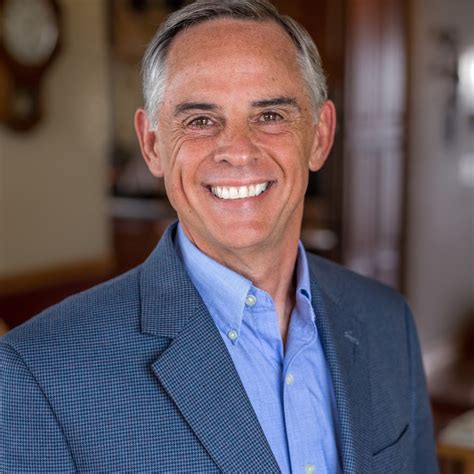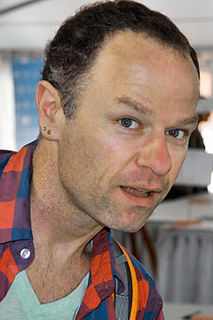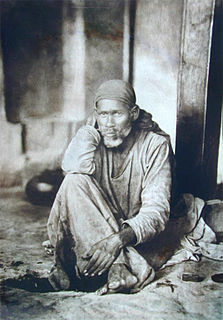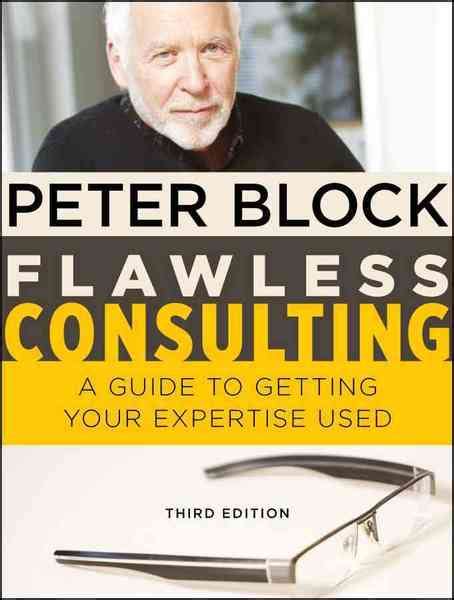A Quote by John G. Miller
Definition of responsibility: a commitment of the head, heart, and hands to fix the problem and never again affix blame.
Quote Topics
Related Quotes
Heart weeps. Head tries to help heart. Head tells heart how it is, again: You will lose the ones you love. They will all go. But even the earth will go, someday. Heart feels better, then. But the words of head do not remain long in the ears of heart. Heart is so new to this. I want them back, says heart. Head is all heart has. Help, head. Help heart.
The heart is a gate-less gate to divinity. Move to the heart. We are all hung up, stuck in the head - that is our problem. The only problem is that we think too much. There is only one solution - get down from the head to the heart. All your problems will disappear. Problems are created by the head. The heart is innocent. The heart is a fountain of love.
You'd be amazed how much fun you can have if you get out of your own head. The problem is that now people are only interested in themselves. What we have is a non-voting generation. That's what they should call you guys, the non-voting generation. You think you can't fix anything until you fix yourselves. Well, let me be the first to tell you, you will never fix yourselves. p.32
When people get in your face and say, 'This will pass,' you think, Are they crazy? I'm never gonna feel any better than I feel right this minute and nothing's ever gonna make sense again... You see a lot of people play this blame game. Blame, blame, blame. You know? And it's a really easy thing to do, and I'm certainly guilty of it. [You have to] look at yourself and go, 'What part of this do I need to own? Which part of this is my responsibility?' And that's the painful work that you have to go through to hopefully get some real life knowledge out of it.
When you first start writing-and I think it's true for a lot of beginning writers-you're scared to death that if you don't get that sentence right that minute it's never going to show up again. And it isn't. But it doesn't matter-another one will, and it'll probably be better. And I don't mind writing badly for a couple of days because I know I can fix it-and fix it again and again and again, and it will be better.
Courage is a heart word. The root of the word courage is cor - the Latin word for heart. In one of its earliest forms, the word courage meant "To speak one's mind by telling all one's heart." Over time, this definition has changed, and today, we typically associate courage with heroic and brave deeds. But in my opinion, this definition fails to recognize the inner strength and level of commitment required for us to actually speak honestly and openly about who we are and about our experiences -- good and bad. Speaking from our hearts is what I think of as "ordinary courage.



































